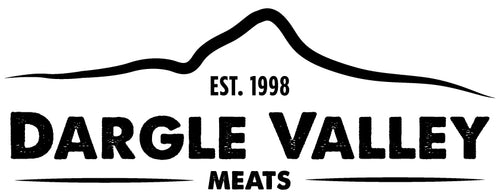What does it mean to be 'sow friendly?'
'Sow friendly' refers to farming that is committed to reducing the amount of time sows spend in gestation stalls.
Dargle Valley's 'sow friendly' promise ensures that pregnant sows are grouped together and have freedom to move around and socialise before they are moved to individual farrowing crates before giving birth. This happens for a shorter period of time than in traditional South African pig farms.
On our farm, The Chestnuts, we subscribe to The South African Pig Welfare Code. This Code is based on the belief that pigs should be afforded the five freedoms of Webster:
- Freedom from thirst, hunger and malnutrition
- Freedom from discomfort
- Freedom from pain, injury and disease
- Freedom to express normal behaviour
- Freedom from fear and distress
Our pig pens are designed to allow for escape areas and places to hide. We provide our sows with material such as wood chips so that they can root and forage, which is their natural behaviour, and we manage aggression at feeding by using modern feeding systems.
What is a sow stall?
A sow stall (also known as a gestation stall) is a type of housing used for pregnant pigs that is highly confined. These stalls are roughly the length and width of a fully grown sow (a female breeding pig), and they do not allow the sow to turn around or leave. Traditionally, a sow is kept in a stall for some or even all of her pregnancy, which lasts for approximately 115 days. On our farm, The Chestnuts, sows are not kept in stalls for longer than 49 days.
Why do farmers use sow stalls?
Sow stalls are widely used by the South African pork industry and have been for many years. During pregnancy (especially the earlier part of pregnancy), sows can be highly aggressive towards one another. Sow stalls are used to protect individual pregnant sows from fighting, which can cause both injuries and abortions. They also allow sows to be protected while they are individually fed, so they will not be pushed away from their feed by a “bully” sow.
Evidence has shown that on farms where sows can voluntarily move in and out of gestation stalls, the animals choose to spend 80 to 85% of their time in individual stalls. Further to this, research designed to measure stress hormones in pigs found no difference in sows that are free to move about versus those housed in gestation stalls.




